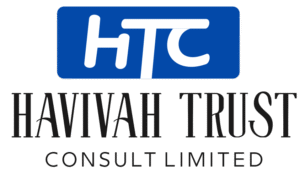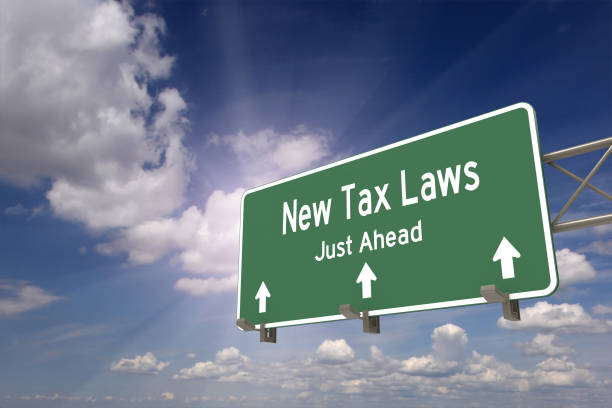Tax Law for Dummies
“What Nigerians Really Need to Know About the New Tax Laws (Coming Jan 2026)” Part II

Why These Reforms Were Needed (And What the Government Says)
- According to Taiwo Oyedele, who chairs the Presidential Fiscal Policy and Tax Reforms Committee, the new tax reforms are designed not to punish people but to provide relief, especially to low-income earners. (The Guardian Nigeria)
- The National Revenue Service (NRS)’s Executive Chairman, Zacch Adedeji, emphasized that the six-month lead time (from signing to effective date) was intentional to give both tax officials and the public time to prepare and align. (The Nation Newspaper)
- Part of the idea is also to increase tax efficiency: by consolidating several old laws (Personal Income Tax Act, Capital Gains Tax Act, Stamp Duties Act, etc.) into a single modern law, the system becomes clearer and less prone to loopholes. (Tax News)
- There’s also a social fairness argument: by exempting the poorest earners (under ₦800,000/year) and putting a steeper rate on the very rich, the reform aims to make the tax system more progressive.
- The government is also expanding what counts as “taxable income” (like digital earnings, virtual assets, grants, prizes) so that the tax base is broader, which helps raise revenue without overburdening the poor. (EY)
Risks, Criticisms & What Could Go Wrong
No tax reform is perfect. Here are some legitimate concerns, based on commentary from analysts and public voices:
- Cost of Living Pressure
- Some worry that even though many low earners are exempt, other costs will go up (or feel like they go up), especially if the public doesn’t trust that extra revenue will be used for social goods.
- There’s also concern that the “exempt” threshold still leaves out many who struggle monthly but cross ₦800,000 annually once you add side hustles or informal income.
- Implementation Challenges
- For the informal sector, estimating tax via presumptive tax could lead to unfair assessments if the formula is too rigid or poorly calibrated.
- The success of the NRS’s digital systems will be critical: if it’s buggy, corrupt, or hard to access, many taxpayers will be frustrated.
- Even with rent relief, many renters may not have formal documentation of their rent payments, making it hard to claim the full relief.
- Compliance & Enforcement
- Higher taxes on capital gains and digital income could push some people to hide income or revert to informal ways.
- There will need to be strong taxpayer education because if people don’t understand the changes, they might resist or evade, or worse, be cheated.
- Equity and Trust
- Will the extra revenue go to roads, education, health, or just plug budget holes? Public trust is low in many places; unless people see tangible improvements, the benefits of the tax reform may feel hollow.
- Will wealthy Nigerians (especially the top 1%) really pay the 25% rate, or find loopholes? That depends on enforcement.

In the Long Run: Is This Good for Us?
Here’s where I make my argument (and I think many Nigerians will feel the same):
- On one hand, these reforms could be transformative. By lifting many low-income earners out of the tax net, the government is signaling something: “We understand that not all Nigerians are on the same financial footing.” That’s a socially just move, and it’s smart economics because when people have more disposable income, they spend, invest, and contribute more meaningfully to the economy.
- By broadening the tax base to include digital and virtual incomes, the government is modernizing its approach. This is crucial in a world where many Nigerians earn online, from abroad, or via side gigs.
- A unified, streamlined tax code through the Nigeria Tax Act (2025) reduces confusion and overlaps. The fewer fragmented laws we have, the less room there is for corruption, inefficiency, and misinterpretation.
- But — and it’s a big but — the success of all this hinges on effective implementation. If the NRS fails to build a robust, user-friendly system; if taxpayer education is weak; if enforcement is lax or corrupt, we could end up with a system that feels as bad (or worse) than before.
So yes, I lean toward this being a net positive for ordinary Nigerians, especially if the government plays its part. But… will they?
Final Thought
If done right, these reforms could finally give average Nigerians breathing room. Lower earners pay zero, middle earners pay fairly, and the very rich contribute more. But if we mess up implementation, it could just be another policy that sounds good on paper and fails in practice.
So, here’s my question: Will Nigeria use this law to build trust, fairness, and growth, or will we let it become just another broken promise?
And this is exactly why there is a real need to understand the new tax law better. When we know the law for ourselves, we reduce misinformation, we protect our income, and we put ourselves in a stronger position to hold our leaders accountable for how these laws are implemented. A great place to start is the official website.
Nigerians should visit the site, read the simplified explanations, and also follow them on social media for updates. It is time we all become more informed, not only for our personal financial health but so we can participate actively in shaping a fairer system for everyone.




